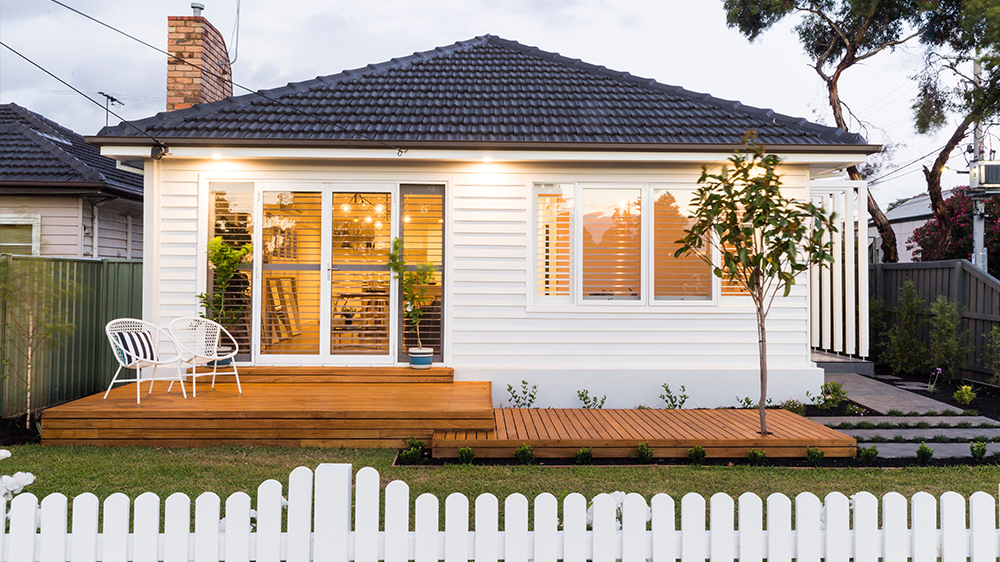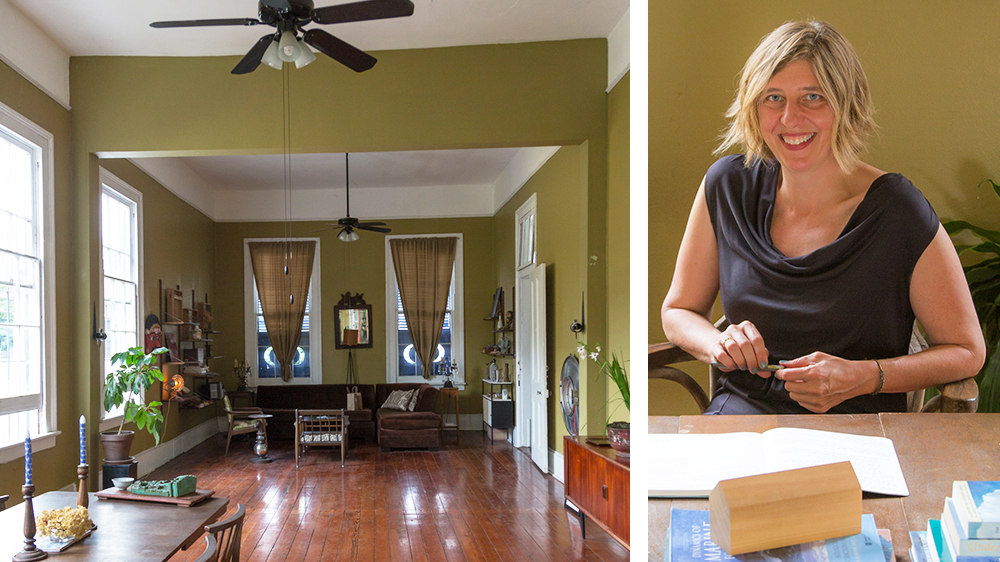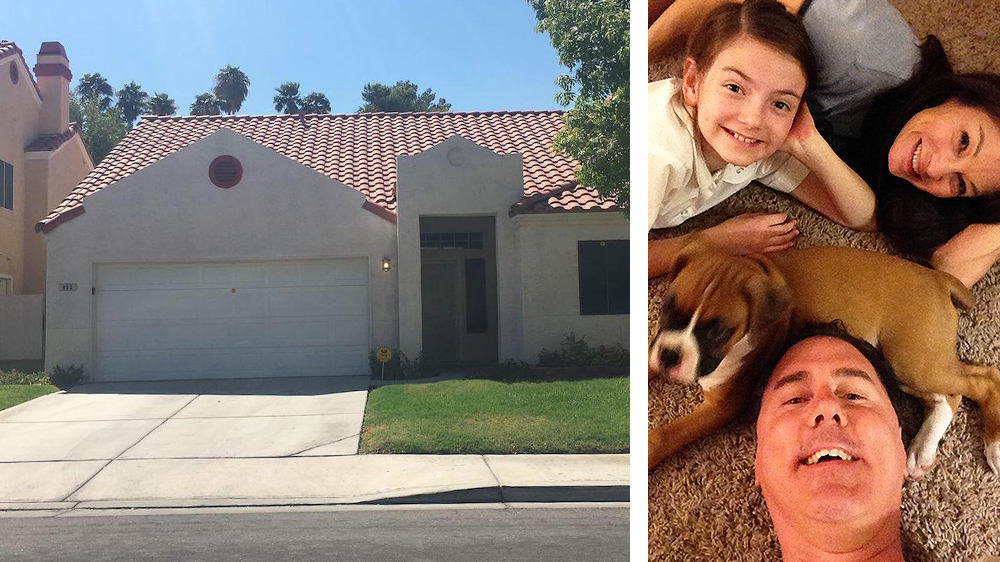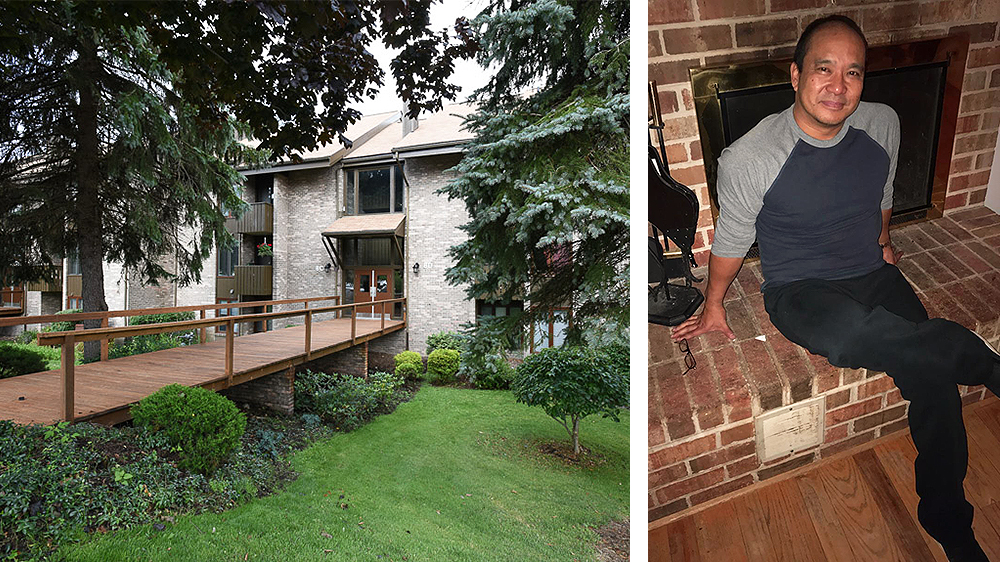Two years ago as we approached the year 2016, I predicted Donald Trump would be elected President. My crystal ball hasn’t always been so prescient. Last year I guessed that in 2017 Zillow would expand overseas and NAR would pick a woman CEO (stupid me).
I was right about the soaring housing market and Redfin’s public offering, but otherwise this year did not unfold exactly as I had anticipated. Ibuyer Opendooris indeed growing but at a much slower pace than I expected. Consider this a warning about this year’s predictions for 2018.
Here goes.
1. Tax reform legislation, which will be signed by President Trump by the end of this year, will be amended next year and Congress will give back the homeownership bennies taken away in the original bill. The National Association of Realtors (NAR) will take credit for using its steroids-like political muscle to manipulate the politicians.
2. Speaking of NAR, the powerful trade group will not squash RPR or Upstream. A fan of Bruce Springsteen, CEO Bob Goldberg will quickly discover that singing a new hit tune is difficult when the old band (trade group bureaucracy) controls the score and the set.
3. Compass will successfully go public. Last month, the fast-growing real estate technology company announced its plans to expand into 10 new markets in an ambitious bid to grab 20 percent market share in the 20 largest U.S. cities by 2020.
In a data driven world, how well do you know your recruits?
You can’t build a relationship with generic marketing materials READ MORE
4. Backed by Fidelity National Financial (FNF), Pacific Union Real Estate will expand outside California.This year, the San Francisco-based brokerage went on a Southern California buying spree acquiring Partners Trust, a luxury brokerage with 240 agents, on the heels of snatching up the John Aaroe Group.
5. FNF will merge its brokerage operations with its real estate software company holdings (Commission, Inc., Real Geeks and SkySlope), spinning off a NewCo and laying plans to go public in an effort to capture a Redfin-like tech/brokerage valuation (nearly $2 billion).
6. The StreetEasy data squabble will fizzle out with Zillow winning again.New York brokers will realize that their customers don’t give two hoots about the politics of data and just want their listings on StreetEasy.
7. Zillow will face some regulatory sniffing around about its Premier Agent ad placement program, which allows a Zillow agent advertiser to preempt the listing agent on a home listing. But the scrutiny will go nowhere. (Full disclosure; I was duped by this advertising slight of hand when I bought a home this summer — calling who I thought was the listing agent but really an advertiser).
8. In 2018, Keller Williams will do exactly what it did this year, grow like a weed.
9. Leading Real Estate Companies of the World (LeadingRE) CEO, Pam O’Connor, will retire.Describing itself as “a global community” of brokers and agents, LeadingRE is the best kept secret in town with 572 brokerage members and 130,000 realtors in 65 countries. O’Connor has been the master behind the company’s growth.
10. EBay, Google and Facebook will all expand their real estate business through acquisitions and investment. The real estate opportunity is irresistible.
BONUS: The economy and the housing market will grow like crazy. Job creation is at record levels; unemployment is at a 17-year low; wages are feeling upward pressure and companies are investing at a fast and furious pace. A backdrop of political uncertainty will not slow down the global economic thoroughbred that is galloping at a full run. Left in the dust will be housing affordability in many major metro markets, which will further galvanize local political activism and polarize more communities.
Fasten your seat-belt, 2018 will be a fun and scary but prosperous ride.













 It’s taken years and years, but the house has finally become the golden goose Prisca always hoped it would be. It’s located in what’s now the trendy Tremé, and after bringing the home back to life and hiring a property manager, Prisca has been able to rent out the apartments and list a studio on Airbnb. These days, she’s off pursuing a creative project in the South of France, living off the rental income on a house that has tripled in value.
It’s taken years and years, but the house has finally become the golden goose Prisca always hoped it would be. It’s located in what’s now the trendy Tremé, and after bringing the home back to life and hiring a property manager, Prisca has been able to rent out the apartments and list a studio on Airbnb. These days, she’s off pursuing a creative project in the South of France, living off the rental income on a house that has tripled in value.
 It seemed like a solid choice, but it wasn’t long before the housing market crashed, more than halving their home value to $105,000. In the end, the couple had to sell the loan to a company that allowed them to stay on as renters while they recouped. The house today has still not regained the price they paid for it but they’ve left the state and are currently…renting.
It seemed like a solid choice, but it wasn’t long before the housing market crashed, more than halving their home value to $105,000. In the end, the couple had to sell the loan to a company that allowed them to stay on as renters while they recouped. The house today has still not regained the price they paid for it but they’ve left the state and are currently…renting.
 While the conditions for skiing have become hit or miss over the past 12 winters and the casino is still only an idea, Toby has made his peace with his purchase for one simple reason: “It’s fun. I open it up to friends. I enjoy having a vacation place.” Although the condo isn’t quite the jackpot he’d hoped for, he figures it’s not a complete bust either.
While the conditions for skiing have become hit or miss over the past 12 winters and the casino is still only an idea, Toby has made his peace with his purchase for one simple reason: “It’s fun. I open it up to friends. I enjoy having a vacation place.” Although the condo isn’t quite the jackpot he’d hoped for, he figures it’s not a complete bust either.

Recent Comments